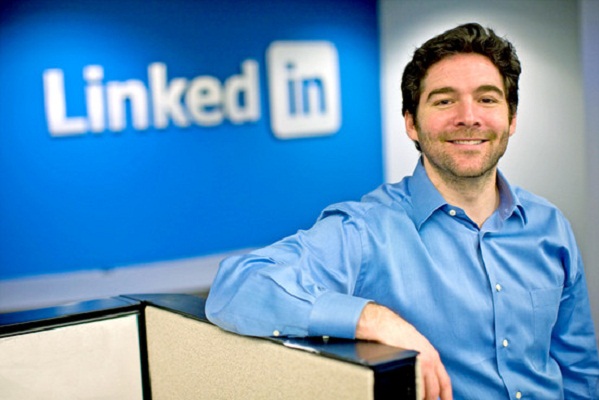
LinkedIn CEO Jeff Weiner isn’t confident that Google+ can succeed competing against the already-established social media trifecta of Facebook, Twitter and his own network, saying “Nobody has any free time” for Google+ according to a Business Insider report. Weiner’s statements, of course, come hot on the heels of former MySpace CEO Tom Anderson’s recent comments that Google+ can not only succeed, but also coexist with Facebook, assuming Google doesn’t go all algorithm-crazy with the Google+ stream. It seems we’ve got a bit of a tech boss throwdown on our hands, and although its interesting and kind of amusing in its own right, it really highlights the fact that the Silicon Valley bigwigs don’t see Google+ as being some generic Friendser/MySpace/Facebook evolutionary ripoff. It’s actually something worth arguing over.
The nut of Weiner’s argument, which happens to be the exact opposite of Anderson’s, is that social networks cannot coexist. In his eyes, LinkedIn, Twitter and Facebook have all flourished simply because they have no overlap in their utility and scope. During a discussion at Silicon Valley’s Churchill Club, Weiner said “Unlike social platforms and TV, which can coexist, you don’t see people using Twitter while they’re using Facebook, or using Facebook while they’re using LinkedIn.”
While plenty of users, ourselves included, could make a point to disagree with his statement on the surface, Weiner’s argument runs deeper. In essence, he thinks that as of now the big three players in social media have carved out their own niches, which works because anybody only has a certain amount of time to spend surfing around on them anyway. Users know what to use for connecting with friends, where to work on professional connects, and where to broadcast thoughts, opinions and links out into their network, and as such finding free time for Facebook, LinkedIn and Twitter is more purpose driven. With Google+ doing a little bit of everything, Weiner doesn’t see why users would take the extra time to maintain an amorphous network.
He’s certainly got a point in that users only have so much time they’ll dedicate to social networking, and it’s here that Weiner’s argument differs so greatly from Anderson’s. In Weiner’s view, Google+ isn’t different enough from the established three to succeed without improving on their user experience enough to simply take over their market share, and that’s obviously something he doesn’t seem too concerned about. On the other hand, Anderson doesn’t see why Google+ can’t be a fourth successful entity, assuming it stays in its current form of offering users a lot of control on to and from whom information is distributed and received. It’s an interesting set of counterpoints, but we won’t see who’s right until the initial wave of Google+ excitement starts to wear off and users decide whether or not to stay involved for the long haul.
